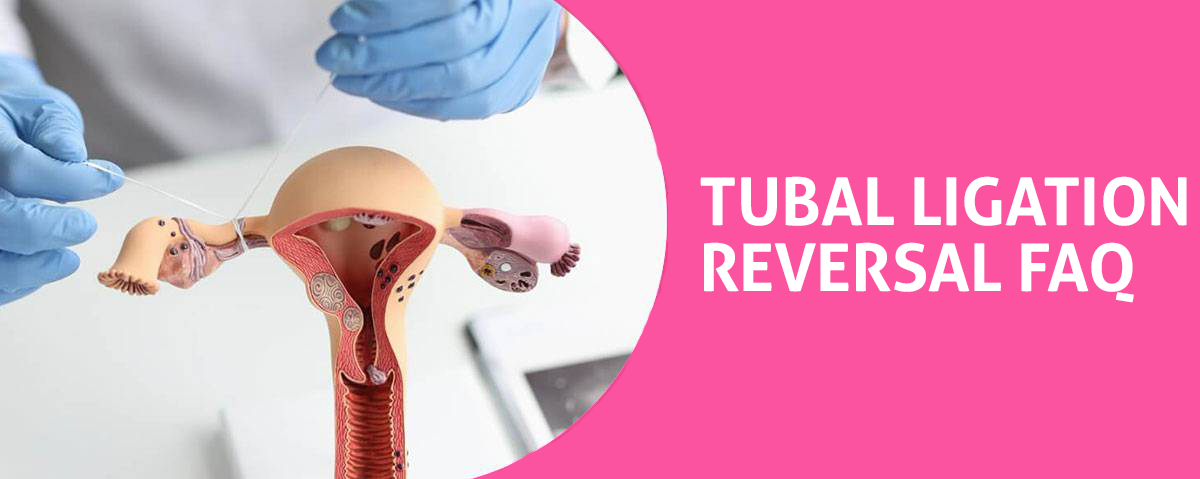How a Pregnancy Occurs After Tubal Ligation
You’ve had a tubal ligation, so you’re feeling pretty secure in your contraception. However, despite its high success rate, it’s not foolproof. Sometimes, life finds a way. Let’s delve into how pregnancy can occur post-ligation, what could cause this unexpected turn of events, and how you might recognize the signs. Lastly, we’ll discuss coping with this unforeseen situation. Knowledge is power, and we’re here to empower you.
Understanding Tubal Ligation
Before diving into the nuances of pregnancy post-tubal ligation, it’s crucial for you to understand what tubal ligation, often referred to as ‘getting your tubes tied,’ actually entails. It’s a surgical procedure aimed at preventing pregnancy permanently. Different ligation techniques exist, including coagulation (burning the tubes), and using rings or clips to clamp them shut. Your recover from surgery generally involves mild discomfort, similar to period cramps, and it’s recommended that you rest for a few days. However, despite its intention to be a permanent solution, pregnancy can occur if the tubes spontaneously rejoin, or if there was a failure in the initial ligation procedure. Understanding this procedure is key to grasping how a pregnancy might occur afterwards.
Potential Causes of Failure
Despite the high success rate of tubal ligation, you’re not entirely out of the woods when it comes to potential pregnancy, due to several factors that may lead to failure. One possible cause is a ligation reversal, which can occur naturally if the body heals the fallopian tubes post-procedure. While rare, a pregnancy can occur if an egg manages to move down the repaired tube. Moreover, procedural errors during surgery can also result in failure. If the tubes aren’t fully blocked, or if a surgical mistake causes a tube to reopen, this can enable an egg to be fertilized. Therefore, it’s critical to have the procedure performed by an experienced surgeon to mitigate these risks.
Symptoms of Post-Ligation Pregnancy
Even after a tubal ligation, you might experience several signs indicating a possible pregnancy. Hormonal changes, such as a missed period or tender breasts, could be your body’s way of signaling a pregnancy. You may also notice increased fatigue or frequent urination, changes that can be attributed to the rise in pregnancy hormones.
The emotional impact of these symptoms might be significant, too. You may feel a surge in mood swings, a common symptom of early pregnancy due to hormonal fluctuations. In addition, you might experience bouts of nausea or vomiting, also known as morning sickness.
If you’re noticing these symptoms, it’s crucial to seek medical advice immediately. A pregnancy after tubal ligation, although rare, can be a serious condition requiring prompt attention.
Managing an Unexpected Pregnancy
If you’re facing an unexpected pregnancy post-tubal ligation, your healthcare provider’s guidance is an essential lifeline in navigating this rare occurrence. Emotional coping comes into play immediately. You may experience a range of emotions, from shock to fear, and it’s vital to seek psychological support alongside medical advice. Therapy or counseling services can provide valuable coping mechanisms. Apart from emotional aspects, financial planning is crucial. Consider the potential costs related to prenatal care, delivery, and raising a child. If you’re unsure, financial advisors or social workers can help you map out these expenses. Should you decide to terminate the pregnancy, discuss all options with your healthcare provider. In this challenging scenario, remember that help is available and you’re not alone.
Other Popular Questions About Tubal Ligation Reversal:
How Dangerous Is Tubal Ligation?
How Common Is Weight Gain After Tubal Ligation?
How Common Is Tubal Ligation Failure?
How Common Is Regret After Tubal Ligation?
How Common Is Recanalization After Tubal Ligation?
How Common Is It to Get Pregnant 7 Years After a Tubal Ligation?
How Can You Tell if Your Tubal Ligation Failed?
How Can You Still Have Periods After Tubal Ligation Anatomy?
How Can You Have a Period After Tubal Ligation?
How Can I Tell What Type of Tubal Ligation I Had?
How Can I Reverse Tubal Ligation?
How Can I Prevent Early Menopause After Tubal Ligation?
By using this webiste you agree to Terms and Conditions
